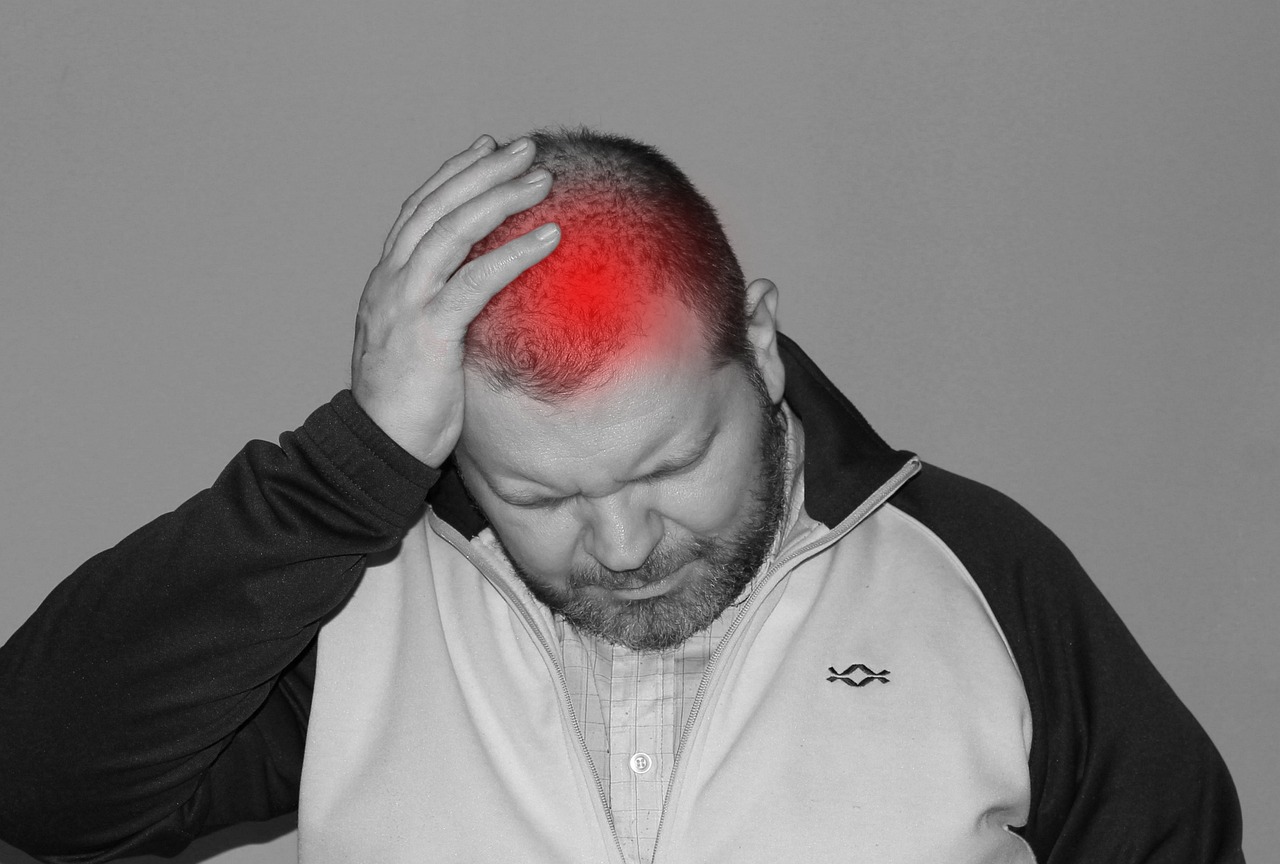High cholesterol is a well-known risk factor for heart disease and stroke, among other serious health problems. But can it also trigger headaches? Although there is not much discussion about the direct link between high cholesterol and headaches, there are a few indirect ways that high cholesterol may lead to head pain. In this article, we will look at the connection between high cholesterol and headaches, can high cholesterol cause headache , and how to potentially work towards avoiding the risk.
What Is High Cholesterol?
Cholesterol is a fat that occurs in the blood and that is necessary for synthesizing hormones, vitamin D and bile acids, which assist in the digestion of fat. But too much cholesterol can be bad. There are two main types:
Low-Density Lipoprotein (LDL):
What most people think of as “bad” cholesterol, LDL can accumulate in the walls of blood vessels and can contribute to atherosclerosis where the arteries become narrow and hard.
High-Density Lipoprotein (HDL):
The “good” cholesterol HDL removes LDL cholesterol from the blood stream.
Elevated LDL can impede blood flow to several areas of the body, including the brain. The reduced blood flow might underlie headaches, particularly in individuals with pre-existing risk factors, such as high blood pressure or atherosclerosis.
How High Cholesterol Could Lead to Headaches
Although there is no direct scientific evidence to support the idea that high cholesterol by itself causes headaches, there are many cholesterol-related factors and their effect on blood vessels might account for the link:
Decreased Blood Supply and Atherosclerosis
The condition, which is most often associated with high cholesterol, happens as plaque builds up in the arteries. This plaque might make the arteries get narrower, reducing blood supply.
If the brain’s blood vessels are impacted, the inadequate blood flow can lead to headaches, among other symptoms. It can even lead to further complications including stroke or transient ischemic attacks (TIAs), in some cases. which also can cause headache as a symptom.
High Blood Pressure
High cholesterol is often paired with blood pressure too high (or hypertension). High blood pressure can affect the blood vessels, and make them more susceptible to becoming narrower and limiting blood flow.
This added strain can lead to headaches, especially tension-type headaches or migraines, as well. If high cholesterol as well as high blood pressure are ascertained, a person can run the risk of damaging headache.

Migraines
There is new research that shows that cholesterol levels are linked to how often you have migraines. Other research suggest that people with high cholesterol levels particularly LDL cholesterol are more prone to suffer from migraines.
The precise mechanism is unknown, though it may have to do with changes in blood vessels, including constricted blood flow to the brain, a known trigger of migraines.
Headaches Symptoms Associated with High Cholesterol
High cholesterol itself does not directly cause headaches, but headaches related to cardiovascular conditions, like atherosclerosis or hypertension, may include the following symptoms:
Throbbing or pulsating pain:
This is typical of migraines and may be due to decreased or limited blood flow to the brain.
Infrequent sensations of pressure:
Usually sensed in the temples or across the forehead, which may be worsened by emotional tension or high blood pressure.
Visual disturbances:
Those with cardiovascular issues may see blur or those with aura-like symptoms like migraines.
Visual rites:
Cardiovascular patients can have blurry vision or aura-inducing migraine-like symptoms.
Nausea and vomiting:
This is especially common in migraines and could contribute to development and could make worse associated infuriating symptoms associated with poor circulation and high cholesterol.
How to Treat High Cholesterol and Headaches
Story at-a-glance If you are experiencing recurring headaches and suspect that they can be related to high cholesterol, you can control both signs and subsequently reduce your headaches and feel much healthier overall. Here are some ways to treat it:
Managing Cholesterol Levels
The main approaches to managing high cholesterol are lifestyle adjustments and medications:
Dietary adjustments:
Lowering saturated fats and cholesterol and boosting fiber and beneficial fats (like in nuts, seeds and fish) can reduce LDL cholesterol.
Pharmacotherapy:
A physician may prescribe medications such as statins, bile acid sequestrants, and other cholesterol-lowering drugs that can help lower LDL levels and promote heart health.
Moderate Physical Activity:
Walking, jogging, cycling, swimming. Aerobic exercise, such as walking, cycling or swimming, can help to raise HDL cholesterol and lower LDL cholesterol.
Controlling Blood Pressure
As high cholesterol frequently contributes to high blood pressure, you want to control both:
Antihypertensives:
ACE inhibitors, beta-blockers, diuretics, et cetera can manage high blood pressure, possibly decreasing the number of headaches.
Stress Reduction:
Yoga, meditation, and calm breathing can all relieve hypertension, stress-induced headaches, and subsequently higher blood pressure.
Migraine Specific Treatments
If headaches are migraines, treatments can include:
Migraine Medications:
Triptans, anti-nausea medications, and preventive medications may be prescribed to decrease the length and intensity of migraines.
Lifestyle Modifications:
In addition to medication, it may be beneficial to maintain a regular sleep routine, avoid potential migraine triggers whenever possible, and ensure adequate hydration to help reduce the frequency of migraine attacks.
Preventing High Cholesterol and Headaches
Ways to Lower Your Risk
The best way to help prevent both high cholesterol and headaches is to practice a heart-healthy lifestyle.
Some important prevention strategies include:
Eating well: Incorporating fruits, vegetables, whole grains, lean proteins, and healthy fats into a balanced diet. Limit processed foods, trans fats, and salt.
Engage in physical activity: Try to get at least 30 minutes of moderate-intensity exercise on most days. Exercise keeps cholesterol at healthy levels, lets blood flow better and alleviates stress.
Stress Management Chronic stress may lead to high cholesterol, as well as headaches. Were you doing things like practicing relaxation techniques, regularly exercising, and proper sleep can keep body stress down.
Regular Check-ups: Routine check-ups can keep an eye on cholesterol levels, blood pressure, and the general health of the heart through blood tests. This can lead to headaches and more serious cardiovascular events, but early detection and intervention can prevent this.
Guiding Principle:
Can high cholesterol cause headache ? High cholesterol is not a headache culprit in and of itself, but its role in cardiovascular health can certainly play a part in the conditions that cause head pain. Manage cholesterol levels, control blood pressure, with a healthy lifestyle one can prevent headache.
People who frequently have headaches, especially severe headaches, and suspect that their pain may be related to high cholesterol or cardiovascular concerns should seek medical advice. Diagnosis and treatment of these conditions can help lower risks and improve quality of life overall.
Taking proactive measures will increase their chances of a healthier future.
Following a similar pattern to the original article, this piece also traverses through informative and structured groundwork, providing a detailed understanding of the topic along with tangible solutions and prevention methods.

